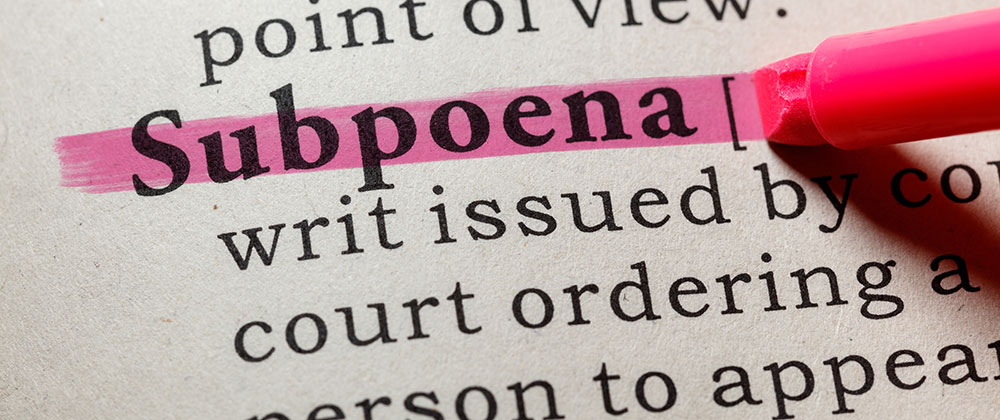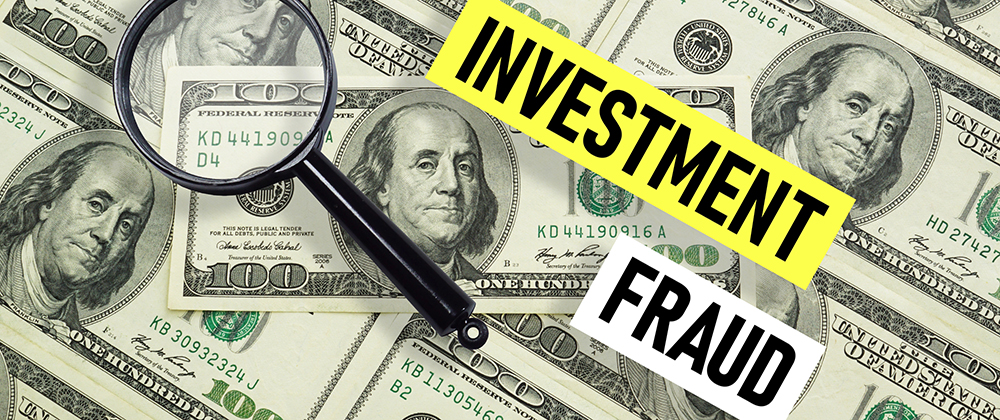In my practice as a SEC defense attorney, I receive calls all the time from individuals who have just received a SEC Subpoena in connection with a SEC investigation and are seeking legal advice and counsel. Quite often, I’m asked: Why did I receive a SEC Subpoena? What is the SEC investigating? And, perhaps most frequently, how do I know if am the target (focus) of the SEC investigation?
Even before engaging in an in-depth discussion with the potential client, I ask for a copy of the SEC subpoena. Why? because every SEC subpoena contains critical information (clues if you will) as to what the SEC investigation may concern, whether the potential client is the focus or target of the investigation, or a mere witness who may not face legal jeopardy.
In this article, I discuss how to analyze a SEC subpoena to understand what the SEC investigation likely concerns and who are its likely targets or mere witnesses.
First, I look at the title of the SEC investigation.
Every SEC Subpoena is titled “In the Matter of: _____”. In those SEC Subpoenas that identify a particular entity, that is a clear indication that the focus of the SEC’s investigation centers, but may not be exclusively focused upon, that particular entity.
If you are a current or former principal, officer or director of that entity, your activities are likely the central focus of the SEC’s investigation. Even if you did not work for that entity, you still may be of interest to the SEC (and hence the issuance of its subpoena to you) if you had dealings or transactional activity with it. Finally, if the title of the SEC Subpoena references trading in a particular stock, that is a clear indication that the SEC is conducting an insider trading investigation.
Second, I analyze the nature of the documents requested. This is critical. The categories the SEC is requesting can speak volumes about the subject matter of its investigation. For example, if the SEC is looking at a possible market manipulation scheme, it will be seeking securities trading records, bank statements, investor lists, press releases, stock promotion contracts and communications with the relevant individuals involved. If for example, the SEC is conducitng an insider trading investigation, requested documents will include securities account statements, research files concerning the particular security, calenders and communications with individuals suspected of either providing and/or receiving the material, non-public information. While each SEC Subpoena is different, there are certain categories of documents that very likely will indicate the nature of what the SEC is investigating.
Third, I look to see the time-frame the SEC has established for the requested documents.
In every SEC subpoena, there is a time frame indicated for the production of responsive documents. By analyzing this time frame, one can, for example, eliminate certain transactional activities as being the subject of the investigation given that they predated the relevant time frame. Conversely, by providing a specific time frame, it may help laser focus on what the SEC is really concerned with. For example, if certain securities offerings were conducted during the relevant time frame, and not prior or after, that very well may be a strong indicator of the SEC’s investigatvie focus (coupled with other requested document categories that are consistent with this theory). Again, not definitive, but potentially helpful.
Fourth, I note if the SEC Subpoena is requesting the production of documents and an appearance for sworn testimony. If so, it is more than likely the SEC Staff is particularly interested in the subpoena recipient. This is so because the SEC has already made an internal decision that it is worth its use of limited resources to compel the individual to travel and to physically appear in an SEC Office (or appear via WebEx) and answer questions under oath in the presence of SEC Staff and a court reporter. On the other hand, if the SEC Subpoena requires just the production of documents, it may mean that the SEC considers that individual or entity a mere witness who may have relevant information about its investigation and its targets. However, this is not a certainty. There are times, however, when the SEC will issue a subpoena solely requesting documents only to then analyze them and subsequently issue an additional subpoena for sworn testimony.
Bottom line: there are typically no definitive “tells” that can precisely predict the nature, scope and/or targets of an SEC investigation (with perhaps the exception of an insider trading investigation). However, carefully analyzing the SEC Subpoena, particularly with a key focus on the clues described above, may provide a significant early head-start for SEC defense counsel in best fashioning a strategic defense for his client.
Why did I receive a SEC Subpoena? Contact David Chase, Esq.
David Chase, Esq., a SEC subpoena attorney, of the Law Firm of David R. Chase, a SEC law firm, represents individuals in SEC investigations nationwide and internationally. You may contact David toll-free for a confidential consultation at: 800-760-0912, or e-mail at: david@davidchaselaw.com. Or, you can visit the Firm’s website for more information and content at: www.securitiesfrauddefense.com.




